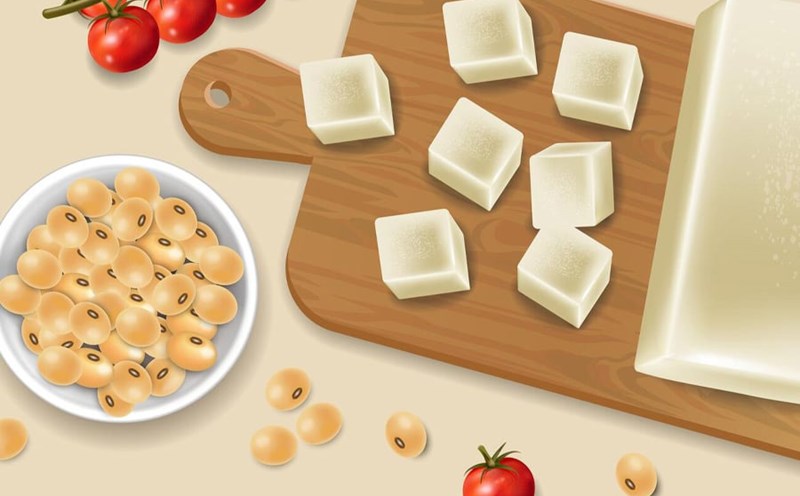Good for the heart
According to nutritionist Neha Shirke, DPU Super Speciality General Hospital (DPU Super specialty Hospital) in Pimpri, India: burrata cheese provides complex linoleic acid (CLA), a dairy fat that has been shown to be beneficial for the heart when consumed at a reasonable level.
In addition, burrata also contains protein and calcium that help support heart muscle and stable blood pressure. However, this is also a type of cheese rich in saturated fat, so it should be used in small amounts, as part of a balanced diet.
Support blood pressure regulation
The calcium in burrata not only helps strengthen bones but also plays a key role in regulating blood vessel expansion. According to research from Food and Nutrition Research, a reasonable amount of calcium can prevent vasoconstriction, a potential cause of high blood pressure. A slice of burrata in salad can be a delicious and heart-healthy choice.
Improve bone and joint health
The combination of calcium, phosphorus and vitamin D in burrata creates a trio of nutrients for the skeleton. According to Nutrients magazine, these nutrients help reduce the risk of osteoporosis and maintain bone density, which is especially important for older adults or premenopausal women.
Beauty the skin from within
Not only good for bones, burrata can also help your skin become more radiant. Vitamin A and zinc in burrata cheese help maintain healthy skin, support cell regeneration and reduce inflammation, says expert Neha Shirke.
Support digestion and intestines
Burrata is made from raw (unpasteurized) milk, which can contain probiotics that support the intestinal microflora. However, as Shirke emphasized: Most commercial burrata are made from pasteurized milk, so the live probiotics are destroyed. In this case, the main benefit comes from protein and fat that support nutrient absorption".











